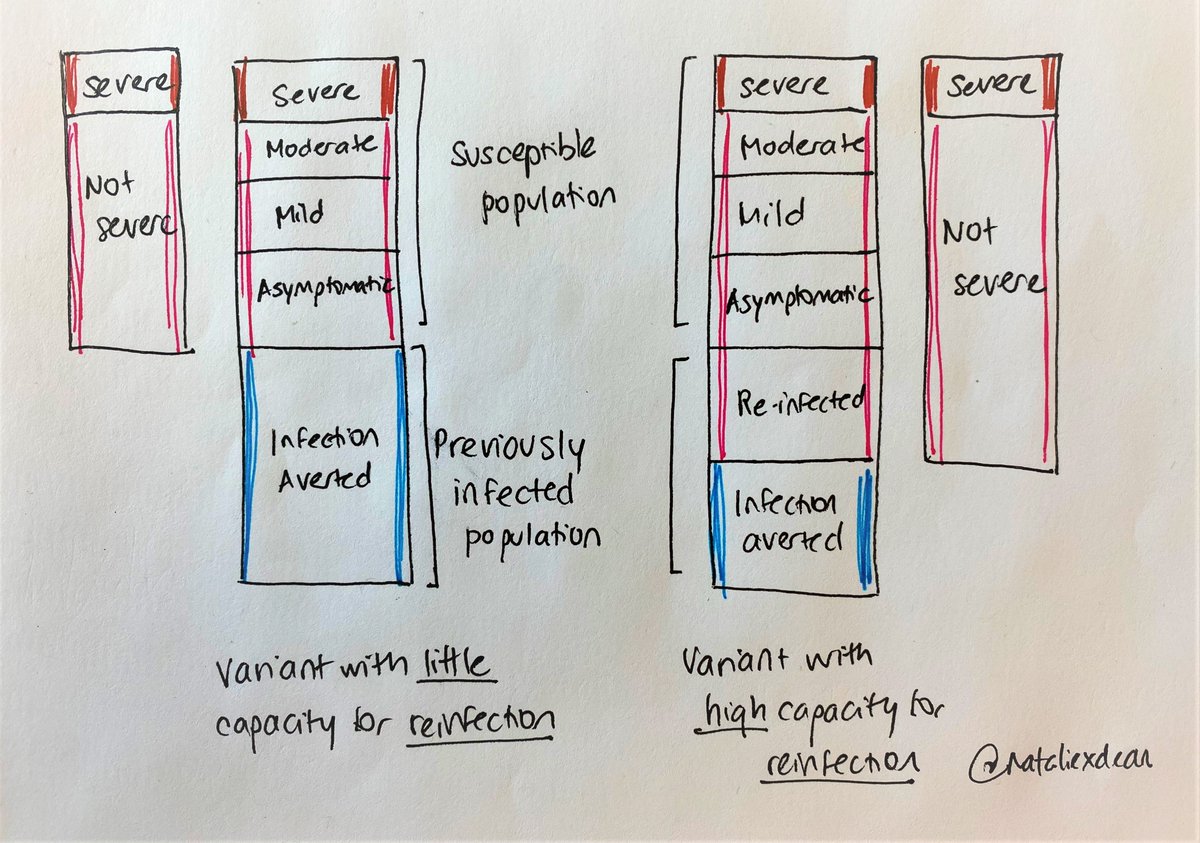A University of Minnesota study looked at how long it takes a person to be infected by COVID-19 according to the type of mask they were wearing around an infected person.
For example, if the infected person is maskless and you have on a cloth mask, the study found that you had about 20 minutes before you were infected. You had 30 minutes if you were wearing a surgical mask and two and a half hours if you were wearing a fit-tested N95 or equivalent, like a KF94 or KN95.
Your protection time increased if the person was also masked. The study suggested that the maximum protection of 25 hours was achieved when you and the person both wore a fit-tested N95 or equivalent.
"If you're going to be in an indoor place for a while with other people, then upping the game to a KN90 or an N95 is really the way to go," Infectious Disease Specialist at Family Health Centers of San Diego, Christian Ramers, MD, MPH said.
